Scroll to the bottom of the page to grab your tarot spread to aid addiction freebie.

If you enjoy this post, check out:
Transform Your Practice: Crafting the Perfect Meditation Altar

“Tarot is a prophetic book in which everyone can read their own purpose, meaning, reason, and value.”
-Wald Amberstone
Intoduction
If you are here for your addiction tarot spread, scroll to the bottom of the page. Overcoming addiction is one of the most challenging yet rewarding journeys a person can undertake. As someone who has walked the path from addiction to recovery, I understand the profound need for support, guidance, and self-discovery.
In my own journey, I found solace and empowerment in an unexpected place: my tarot cards. These beautifully illustrated decks became more than just a tool for divination for me; my daily practice became an unexpected mirror reflecting my inner struggles, giving me deeper insights and so much clarity—a guide illuminating my path to healing and a companion in my quest for self-awareness.
Often misunderstood and sometimes dismissed, tarot cards hold incredible potential for those seeking a holistic approach to addiction recovery. They invite us to look within, confront our deepest fears, and uncover the hidden truths that drive our behaviors.
by tapping into the symbolic language of tarot, we can access a wellspring of wisdom, the insight that complements traditional recovery methods, and a much better understanding of our unconscious mind.
My beautiful current and future tarot readers, in this blog post, I aim to share the transformative power of a deck of tarot cards in addiction recovery. I will explore their history, explain how they work, and provide practical steps for integrating a daily reading into your routine. Whether you’re new to tarot or have been using them for years, this guide will offer different ways, fresh perspectives, and actionable advice.
My goal is to create a supportive, judgment-free space where we can explore the intersection of tarot and recovery together. Not to mention our future financial success! Through my own experiences and the stories of others, I hope to inspire you to embrace this unique tool and embark on a journey of self-discovery and healing.
Join me as we delve into the world of tarot and unlock its potential to aid in your recovery, offering a beacon of hope and a pathway to lasting change.
Welcome to a new chapter in your recovery journey—one that combines the mystical with the practical, the spiritual with the tangible, and the ancient wisdom of tarot with the modern challenges of addiction in all areas of life.
Let’s prove them all wrong and show them what we can do.

Connection and Community:
Learning and practicing tarot can foster connections and create supportive communities where people share insights and experiences.
Psychological Insight:
Renowned psychologist Carl Jung appreciated tarot’s archetypal imagery, using it to explore the subconscious mind and understand human behavior.
Empowerment and Healing:
Tarot can be a powerful tool for personal empowerment and healing, providing clarity, guidance, and a sense of control over one’s journey.
Section 1: Understanding Tarot Cards
1.1. History of Tarot Cards
Tarot cards have a rich and fascinating history that dates back to the 15th century. Originating in Europe, the earliest tarot decks were used to play a game called tarocchi.
It wasn’t until the late 18th century that tarot began to be used for divination and spiritual purposes. Today, many embrace tarot as a tool for self-reflection and personal growth.
There are various types of tarot decks available, each with unique artwork and symbolism, from the classic Rider-Waite deck to more modern, themed decks catering to different interests and spiritual paths.
Tarot cards are not evil and have no affiliation with the devil. Many old-school religious types have given tarot a bad rap, but I assure you everything in the world of tarot is natural, and once you start experiencing the magic of tarot, you will feel it for yourself.
You will feel the love that exudes from your deck. You will begin the beautiful connection with your higher self and possibly start your search for existential questions. What a fantastic journey you are in for, my friends.
1.2. How Tarot Cards Work
At their core, tarot cards are 78 cards, each with its own imagery, symbolism, and story. The deck is divided into two main sections: the Major Arcana, which consists of 22 cards representing significant life events and spiritual lessons, and the Minor Arcana, which consists of 56 cards that reflect day-to-day experiences and challenges.
Tarot readings involve drawing cards and interpreting their meanings in relation to specific questions or situations.
The process is often seen as a way to tap into one’s subconscious mind, offering insights that might not be immediately apparent. It’s important to note that tarot is not about predicting the future but about gaining a deeper understanding of oneself and one’s life journey.
Another common misconceptions include the idea that tarot is purely mystical or that it requires psychic abilities; in reality, anyone can learn to read tarot with practice and an open mind.
1.3. The Symbolism and Archetypes in Tarot Cards
Each tarot card is rich with symbolism and archetypes that tap into universal themes and experiences. For example, our first card is the Fool. The Fool can be challenging to receive because it represents new beginnings and/or a leap of faith, while the Tower signifies sudden change and upheaval.
These archetypes resonate deeply with our subconscious, providing a mirror to our inner thoughts and emotions.
Understanding the symbolism in tarot cards involves looking at the imagery, colors, and even the placement of elements within each card. For instance, a card featuring a figure holding a cup might speak to emotions and relationships, while a card with swords could relate to challenges and conflict.
Familiarizing yourself in your own way with these symbols is a great way to reflect upon your experiences and guide you toward greater self-awareness.
The archetypes in tarot can be particularly powerful in the context of addiction recovery. They help us identify the root causes of our struggles, confront our fears, and visualize our path to healing. By exploring these symbols, we gain valuable insights that support our journey toward a healthier, more balanced life.








To get more information on any of these decks click the images. These are all my decks and they are awesome. My fav is my Garbage Pail Kids deck.
*These are affiliate links. I get a small commission if you use my links to make a purchase. This costs nothing to you but allows my blog to keep the content coming.”
Section 2: The Intersection of Tarot and Recovery
2.1. Holistic Healing and Addiction Recovery
Holistic healing approaches treat the individual as a whole, recognizing the interconnectedness of the mind, body, and spirit. In addiction recovery, this means addressing not only the physical dependence on substances but also the underlying emotional and psychological factors that contribute to addiction.
Holistic practices can include anything from meditation and yoga to acupuncture and art therapy. These methods aim to restore balance and promote well-being, offering a complementary path alongside traditional medical treatments.
Integrating spiritual practices into addiction recovery can be particularly beneficial. Spirituality provides a sense of purpose, connection, and hope—elements that are often crucial in sustaining long-term recovery. As a spiritual tool, tarot cards can play a significant role in this holistic approach by fostering self-reflection, insight, and personal growth.
2.2. Why Tarot Cards?
Tarot cards can offer a unique and powerful addition to your recovery toolkit. Here are several reasons why:
Insight and Self-Awareness: Tarot cards can help you better understand your thoughts, emotions, and behaviors. They act as a mirror, reflecting aspects of your inner world that you might not be consciously aware of. This self-awareness is essential in identifying and addressing the root causes of addiction.
Connection with Intuition: Recovery often requires making difficult decisions and navigating complex emotions. Tarot cards encourage you to trust your intuition and inner wisdom, providing guidance when needed. This connection with your intuition can empower you to make healthier choices and build resilience.
A Source of Comfort and Support: The journey to recovery can be lonely and challenging. Tarot cards can offer a sense of comfort and support, reminding you that you are not alone. The process of drawing cards and reflecting on their meanings can be a soothing and grounding ritual, helping you stay centered and focused on your goals.


2.3. My Experiences
I have been connecting with Tarot since I was around fourteen years old. I have been told I have a gift, and I did out my sister’s teen pregnancy when she was fourteen years old, and I also concluded that my mom and her bestie were sharing the same man. As it turns out, they absolutely were.
Unfortunately for my mother, it happened to be her boyfriend, who they were unknowingly to her sharing. This isn’t what we are doing now, but sharing different versions and experiences is good.
These days, I wouldn’t share those kinds of details when doing good reading. I would probably come up with something like, “You will need to make a better choice for a difficult decision,” or something similar.
Another profound experience has been the repeated appearance of the Priestess card in my life. Whether it be in my daily draw or popping up in my interactions, for example, this is a copy-and-paste from an email I received from a reader: “If I had to describe you, it would be to say you have a high priestess energy, like the image you would see on a tarot card.
You have always, in many of your past lives, been one to bring change, positivity, and ultimately advice and change, whether this is to one person, collective, or in a political way.”
This card keeps popping up for me. One time I looked at the clock as I was flipping a card for one of my three-card spreads to see that my clock read 11:11 as I thanked Uni for the wink I looked back to my deck to see I had just flipped the High Priestess card. There are more incidents than I can count just like that.
Tarot Spread for Healing in Addiction Recovery with Step-by-Step InstructionsFREE
Section 3: Practical Steps to Using Tarot Cards in Recovery
3.1. Getting Started with Tarot
Starting your journey with tarot cards is both exciting and enriching. Here are some steps to help you begin:
Choosing the Right Deck: With countless tarot decks available, selecting one that resonates with you is crucial. Consider the artwork, symbolism, and overall vibe of the deck. Popular choices for beginners include the Rider-Waite deck due to its clear imagery and comprehensive guidebooks. Make sure to check out my favorite below. You can also create
Learning the Basics: Familiarize yourself with the structure of the tarot deck. The Major Arcana consists of 22 cards representing significant life events and spiritual lessons. In comparison, the Minor Arcana contains 56 cards divided into four suits: Cups, Swords, Wands, and Pentacles, reflecting day-to-day experiences.
Creating a Sacred Space: Establish a calm and peaceful reading environment. This can be a specific corner of your home with items that bring you peace, such as candles, crystals, or incense. A sacred space helps to focus your mind and enhance the connection with your intuition.
Developing a Routine: Consistency is key. Set aside a regular time for your tarot practice, whether daily, weekly, or bi-weekly. This routine deepens your understanding of the cards and integrates tarot into your recovery process.
3.2. Daily Tarot Practices
Incorporating tarot into your daily routine can provide ongoing support and guidance. Here are some of my practical tips:
Daily Card Draw: Start your day by drawing a single card. Reflect on its meaning and how it might apply to your day ahead. This practice helps you stay mindful and focused on your recovery goals.
Simple Daily Spreads: Use easy, quick spreads like the three-card spread (Past, Present, Future) or the Mind-Body-Spirit spread. These provide concise insights without overwhelming you with information.
Journaling with Tarot: Keep a journal where you record your daily draws, interpretations, and reflections. Journaling tracks your progress and deepens your understanding of the cards and their messages.
3.3. Special Spreads for Recovery
Designing tarot spreads specifically for addiction recovery can provide targeted insights and support. Here are some examples:
Self-Reflection Spread: This spread focuses on understanding the root causes of addiction and identifying areas for growth. Example positions could include: “What triggers my addiction?” “What strengths can I draw upon?” and “What steps can I take towards healing?”
Overcoming Cravings Spread: Use this spread when facing intense cravings. Positions could include: “What is the underlying cause of this craving?” “How can I best manage this feeling?” and “What positive action can I take right now?”
Setting Intentions Spread: This spread helps you set and achieve recovery goals. Positions could include: “What is my primary goal in recovery?” “What challenges might I face?” and “What resources or strengths can help me succeed?”
3.4. Customizing Your Tarot Practice
Everyone’s recovery journey is unique, so feel free to customize your tarot practice to suit your needs:
Intuitive Readings: Trust your intuition. If a card’s traditional meaning doesn’t resonate, explore what the imagery and symbolism personally evoke for you.
Combining Tarot with Other Practices: Integrate tarot with other holistic practices such as meditation, yoga, or affirmations. For example, meditate on a specific card to internalize its message, or use a card’s theme as the focus of your yoga practice.
Seeking Professional Guidance: If you’re new to tarot, consider consulting a professional tarot reader or taking a class. Learning from experienced practitioners can enhance your skills and confidence.
Section 4: Deeper Dive: Tarot and Emotional Healing
4.1. Addressing Root Causes
One of the most powerful aspects of tarot is its ability to help us delve into the root causes of our addiction. Often, addiction stems from unresolved traumas, suppressed emotions, or unaddressed psychological issues. With their rich symbolism and archetypal imagery, Tarot cards can guide us in exploring these deeper layers of our psyche.
Uncovering Triggers: Use tarot spreads to identify emotional triggers and underlying issues. For example, a spread might include positions such as “What past trauma is influencing my addiction?” “What am I currently avoiding?” and “How can I begin to heal this wound?”
Healing Past Traumas: Specific cards in the tarot deck can offer insights into past experiences that need healing. The Six of Cups, for instance, often relates to childhood memories and can help in addressing early life experiences that contribute to addiction.
Embracing Transformation: Major Arcana cards like Death, the Tower, and the Hanged Man signify profound transformation and the need to release old patterns. Reflecting on these cards can encourage you to let go of harmful habits and embrace positive change.
4.2. Encouragement for Exploration
Embarking on a journey with tarot cards can be a transformative experience. Whether you are new to tarot or have been using it for years, integrating tarot into your recovery process can open new pathways to self-discovery and healing. Don’t be afraid to explore this powerful tool and adapt it to your unique needs and circumstances. Remember, recovery is a deeply personal journey; finding what works best for you is essential.
4.3. Invitation to Join the Community
If you found this blog post helpful, please share it with others who might benefit from it. Leave a comment below with your thoughts, experiences, or any questions you may have. Subscribe to my blog for more insights, personal stories, and practical advice on addiction recovery and holistic healing. Follow me on social media to stay connected and receive regular updates.
I invite you to join our supportive and judgment-free community. Share your experiences, ask questions, and connect with others on similar journeys. Together, we can create a space where everyone feels empowered and supported in recovery.
Post Off Quote
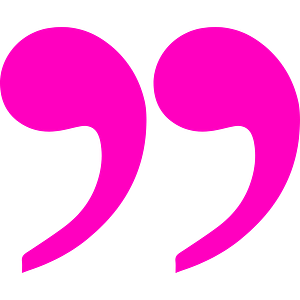
“You need only allow gentle hope to enter your heart. Exhale and allow hope, and give yourself some time. This is a process of change that requires a good deal of self-compassion, which is neither stagnant nor permissive. We can just start by being a little kinder to ourselves and open to the possibility that life doesn’t have to be bloody awful.”
― Russell Brand, Recovery: Freedom from Our Addiction
Post Off Affirmation
I am worthy of love and acceptance, exactly as I am.
Fill out the form below to grab your freebie infographic with 40 Ways Tarot Can Aid in Addiction Recovery!

Work With Me
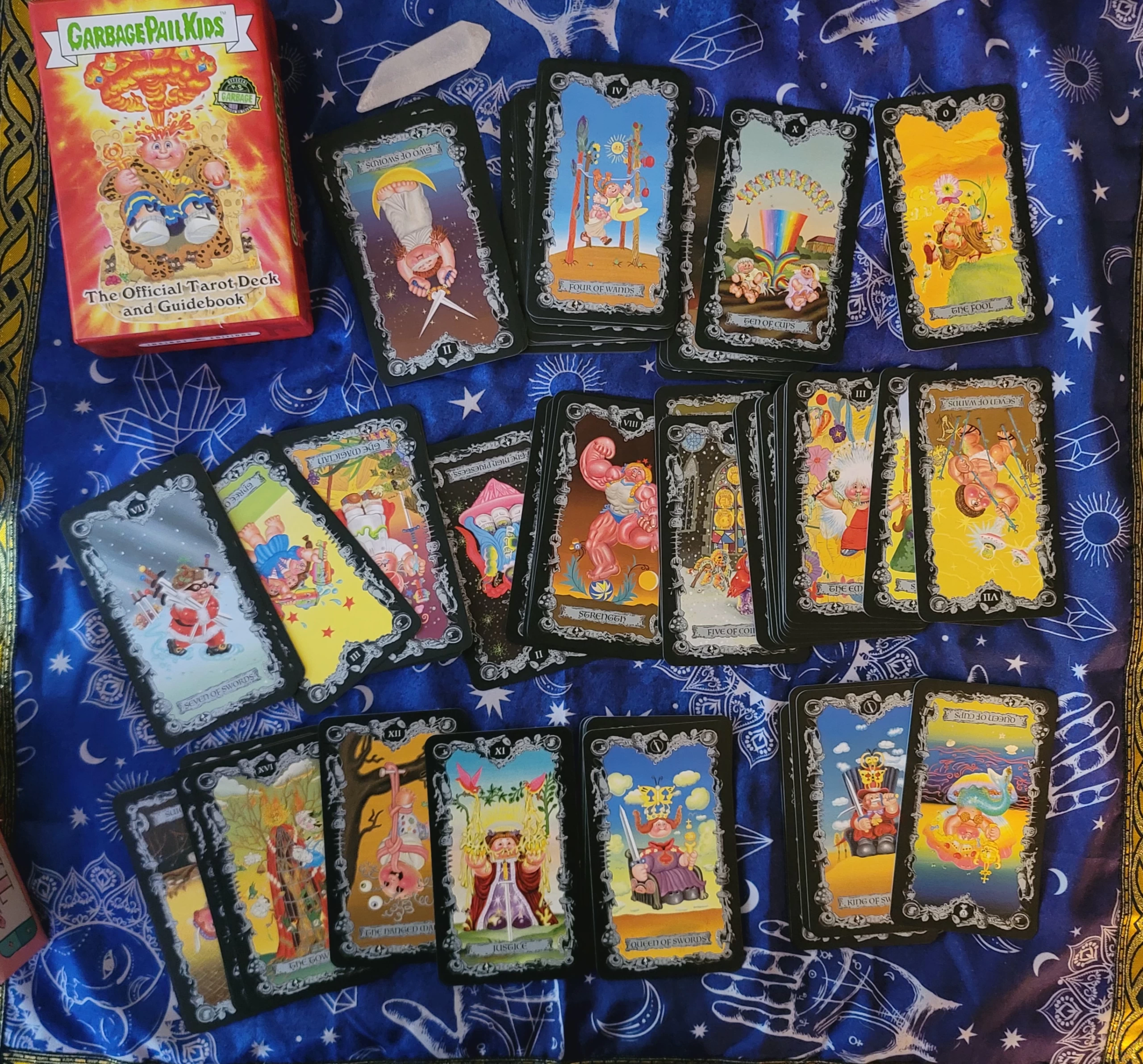
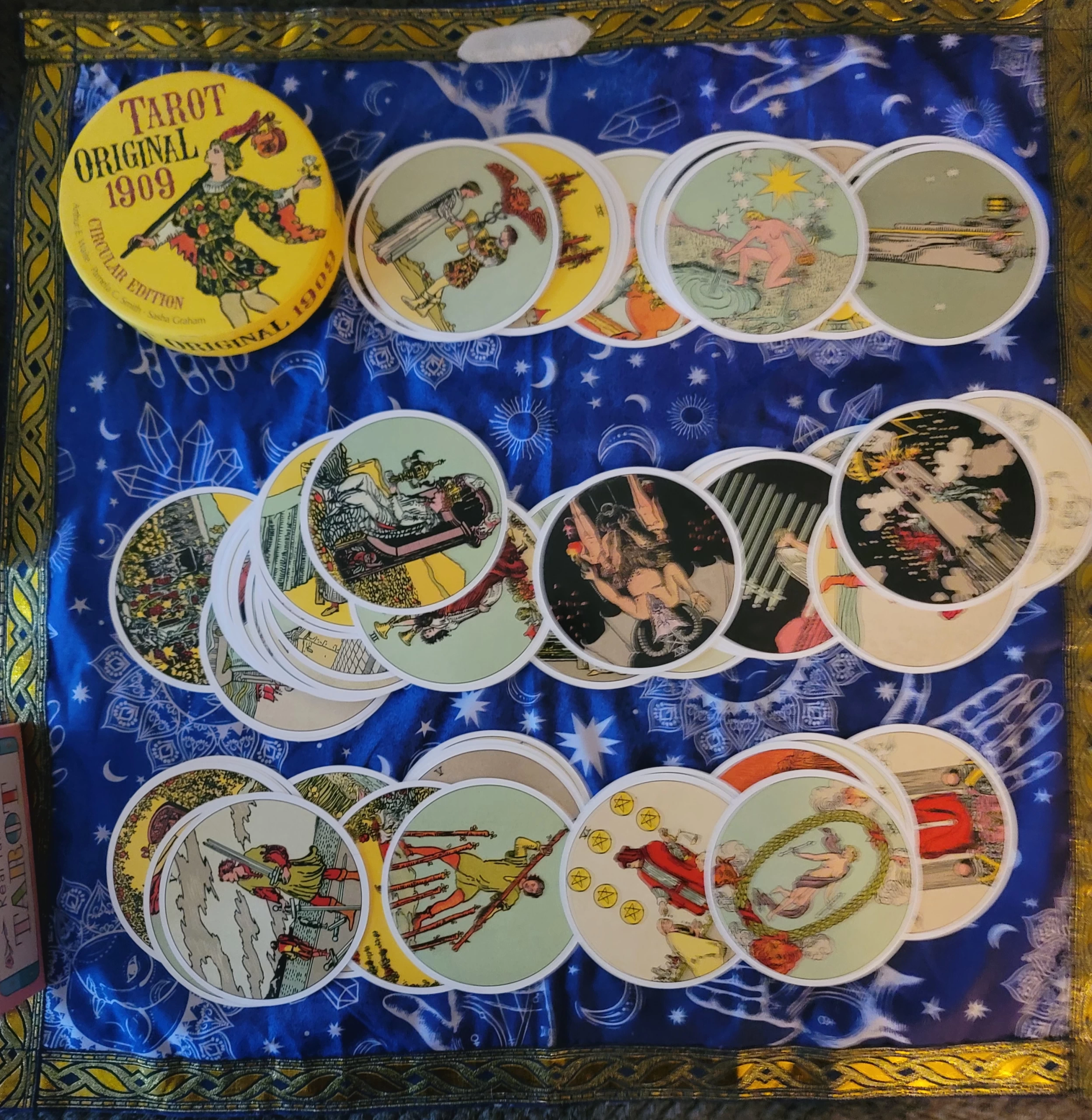
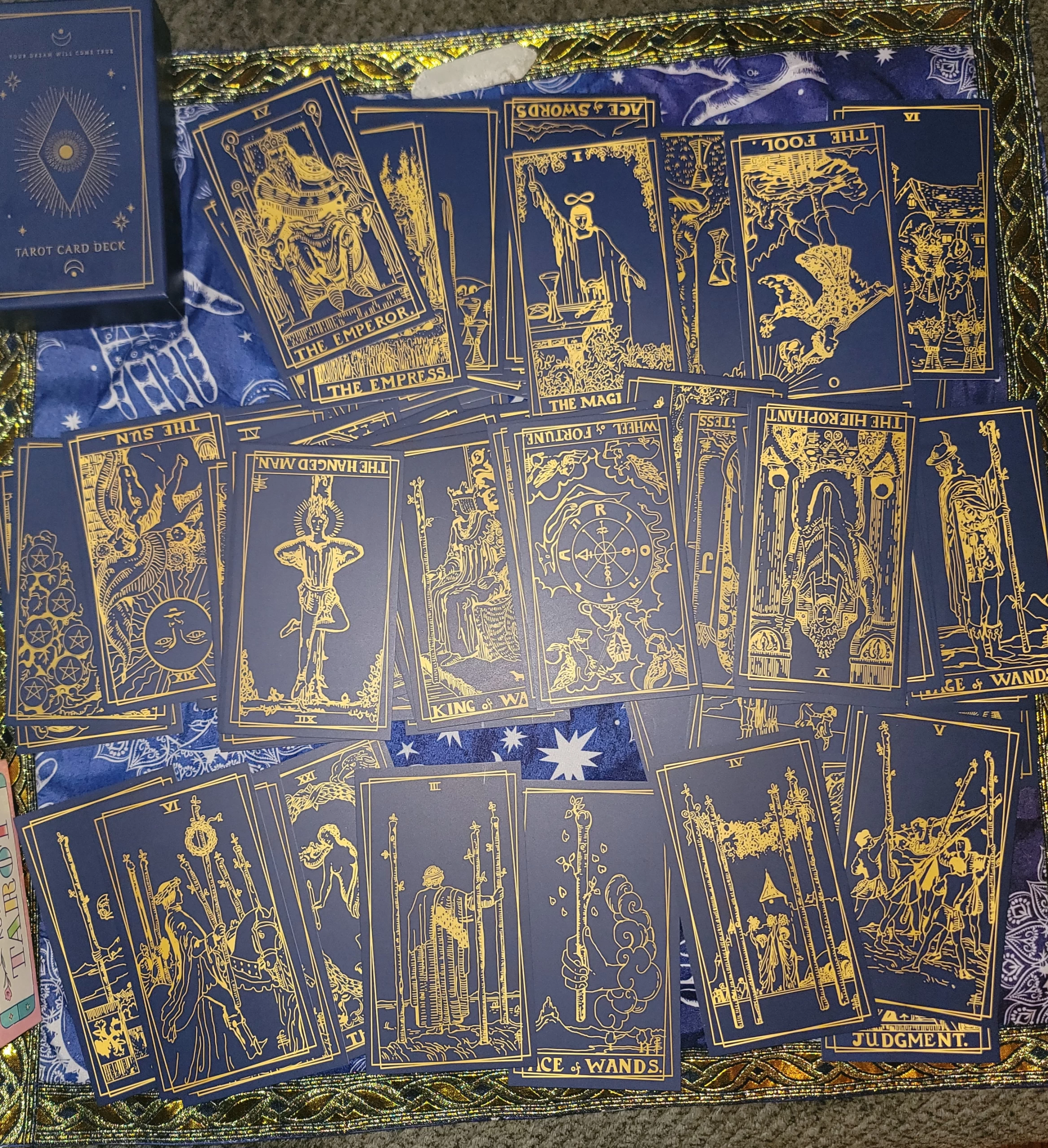
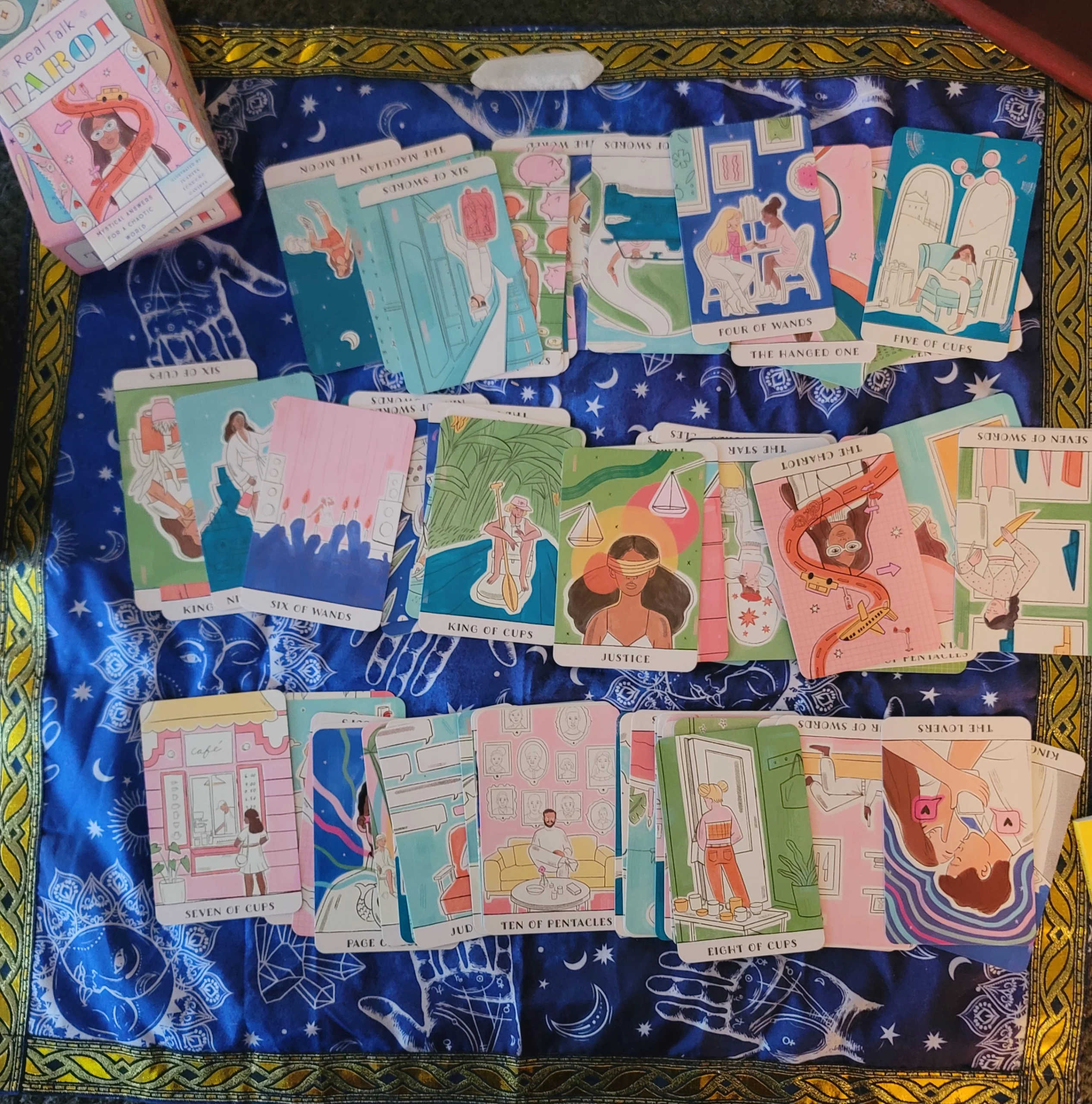
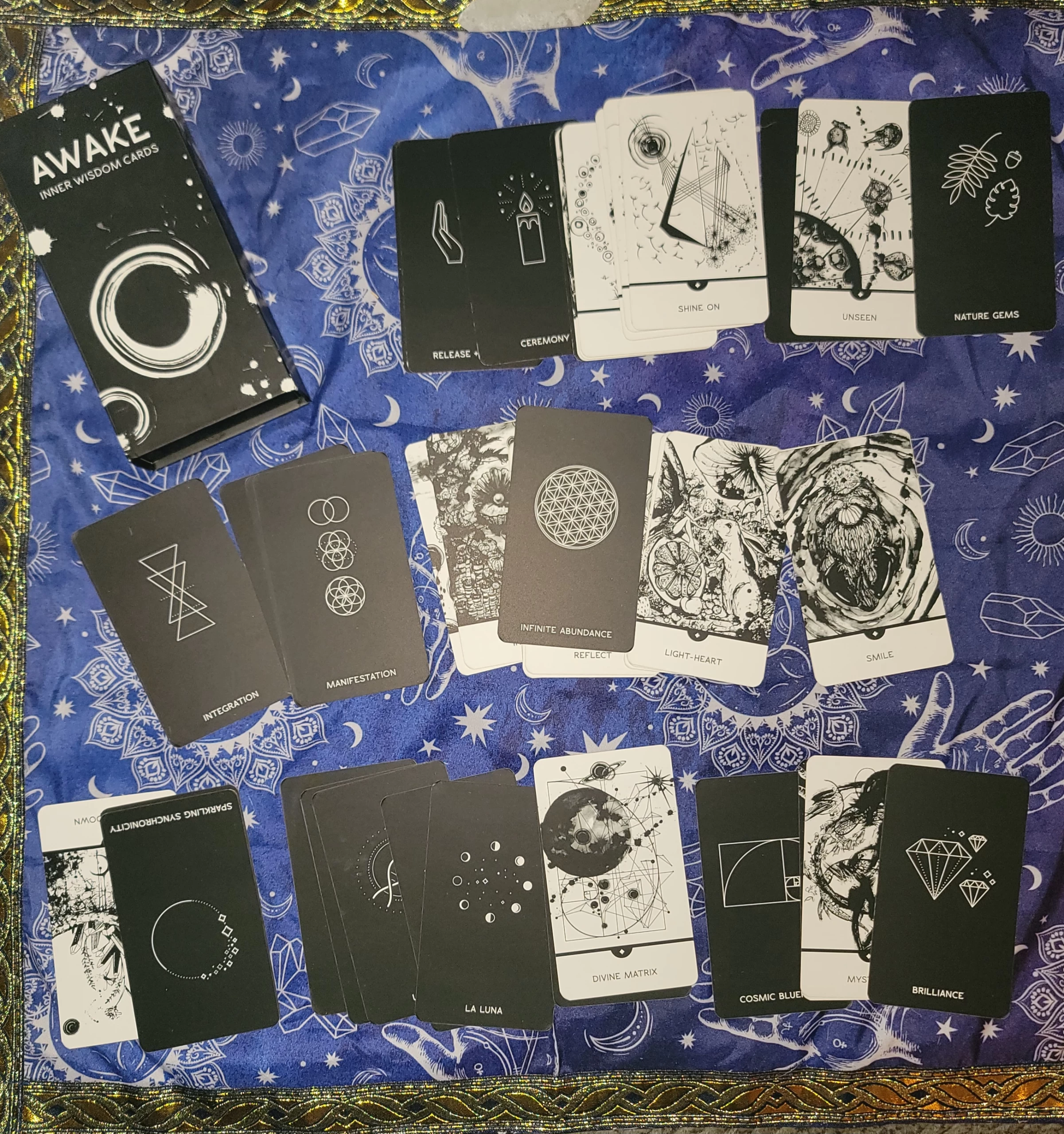
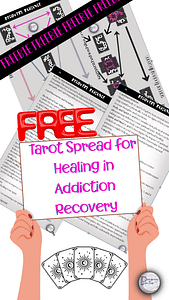
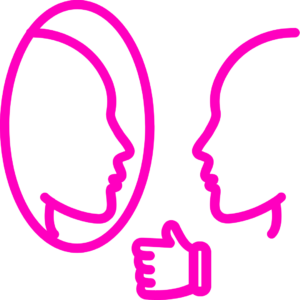
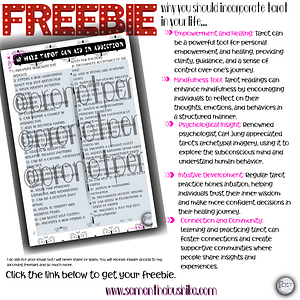
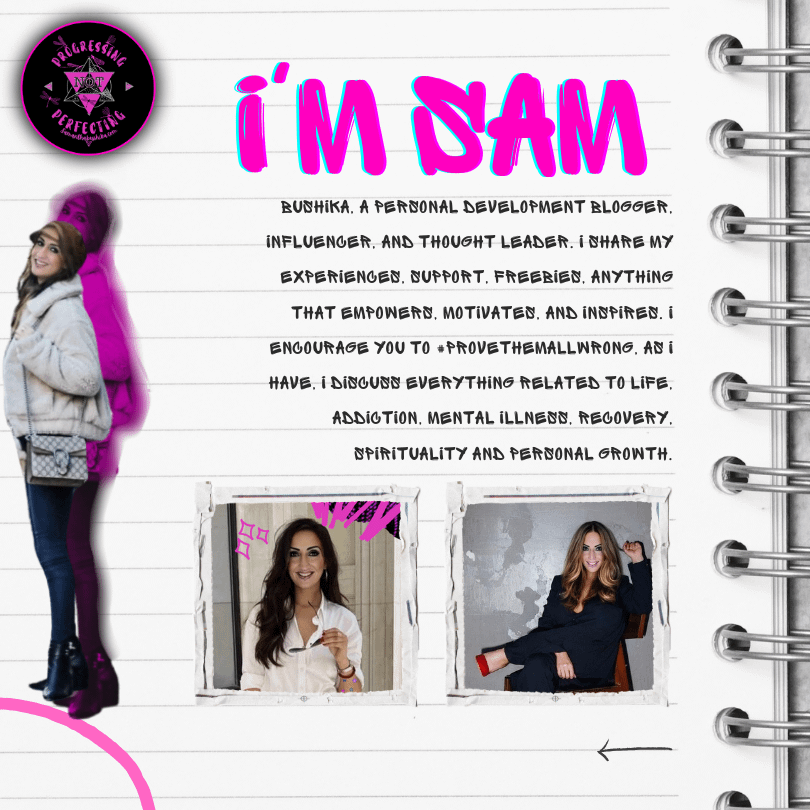
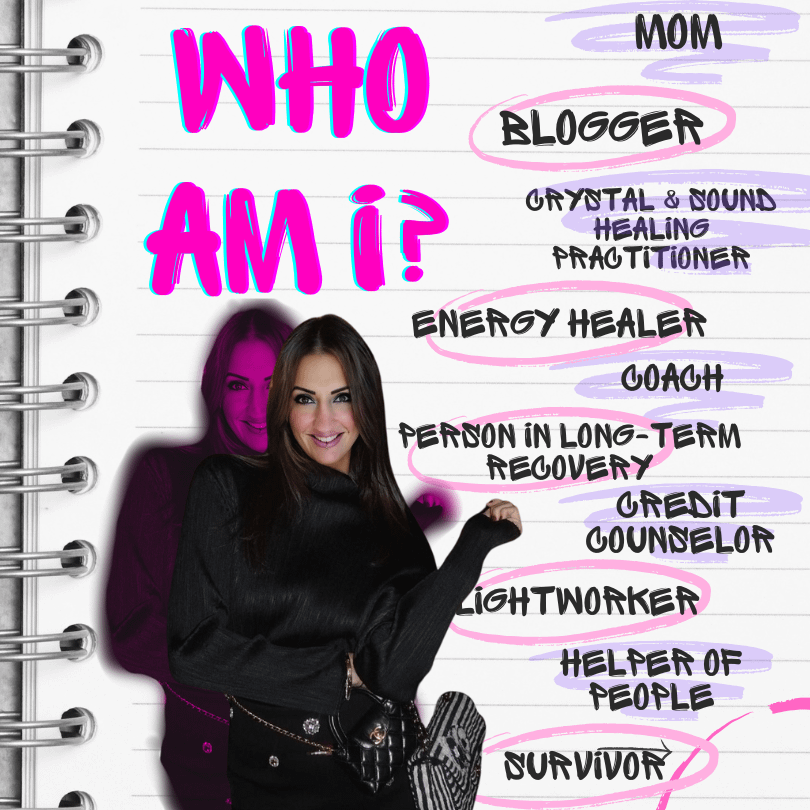







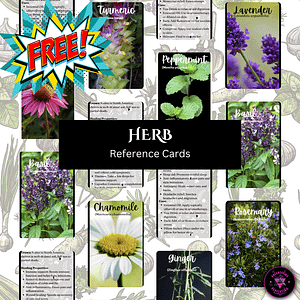
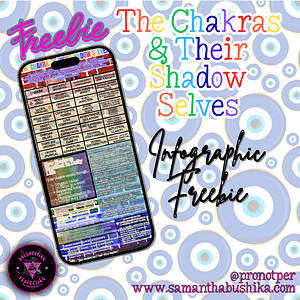
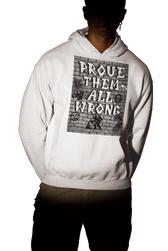


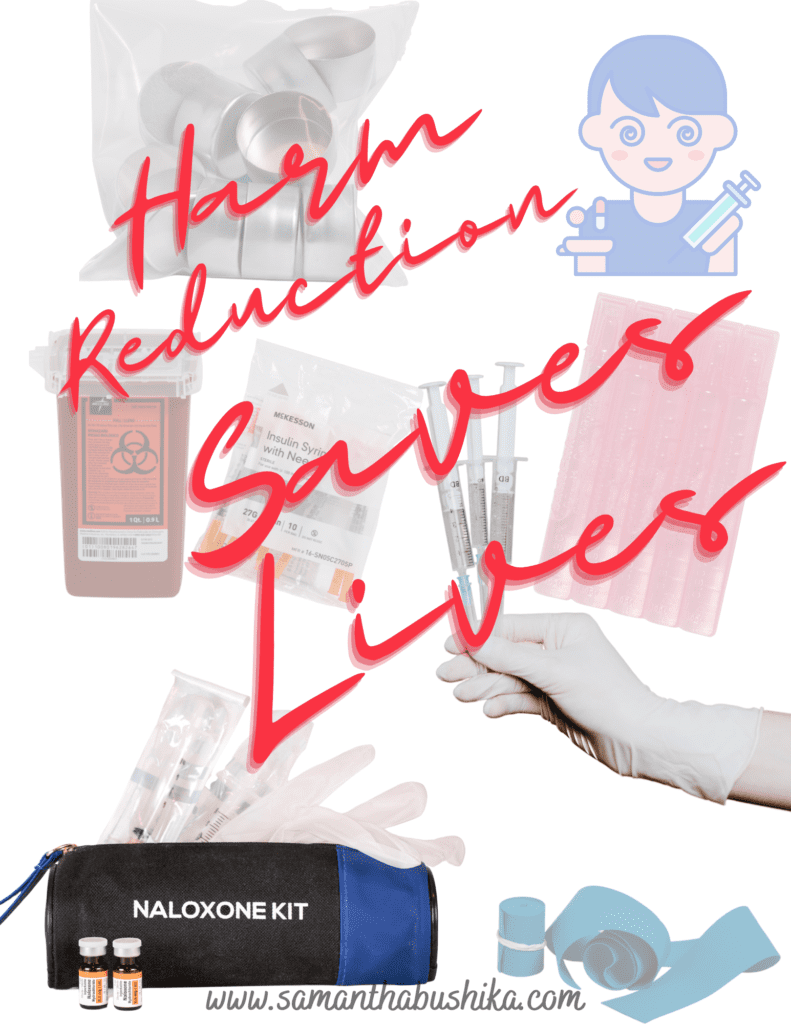
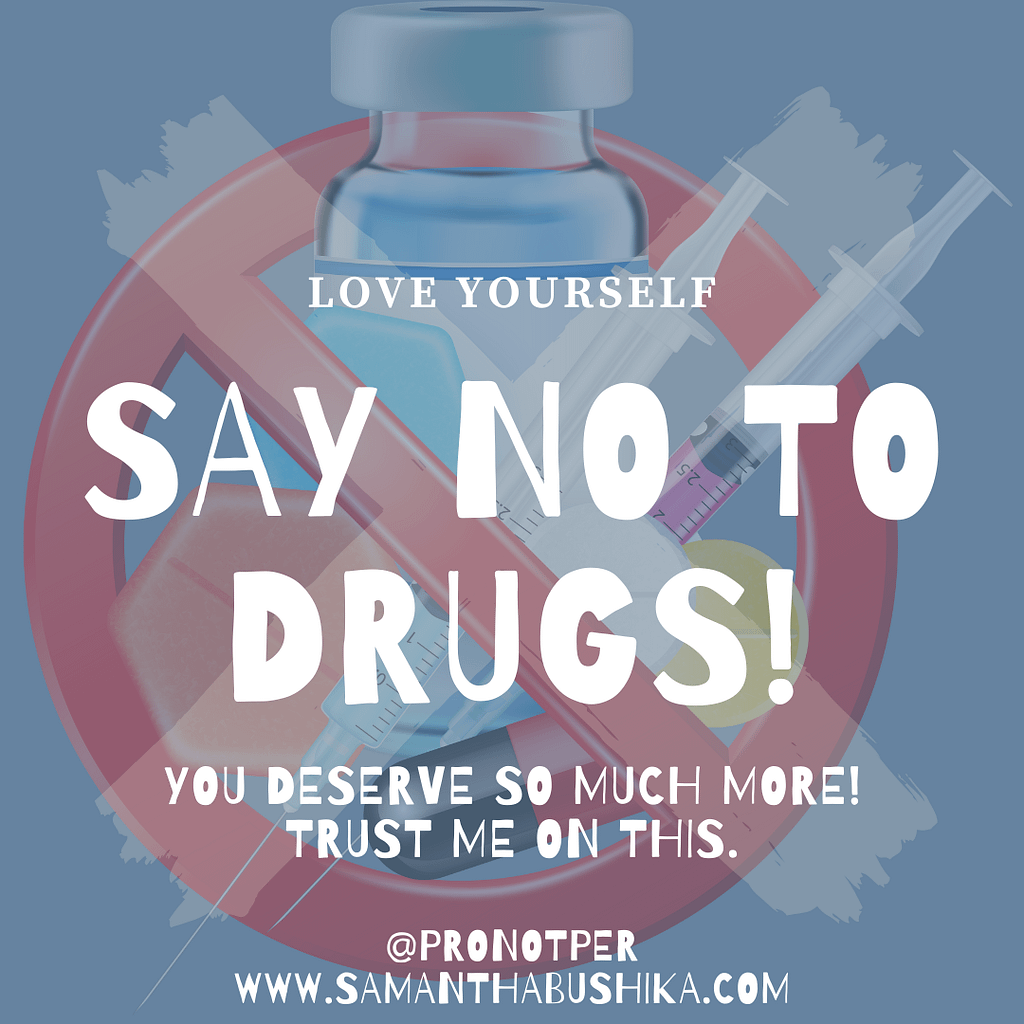

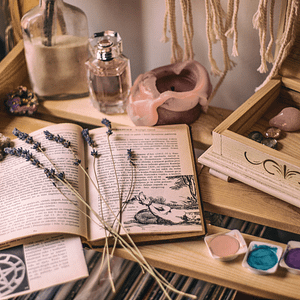
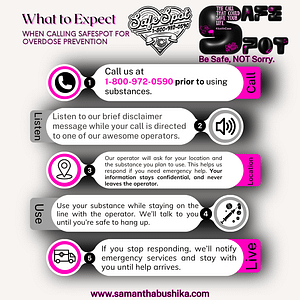
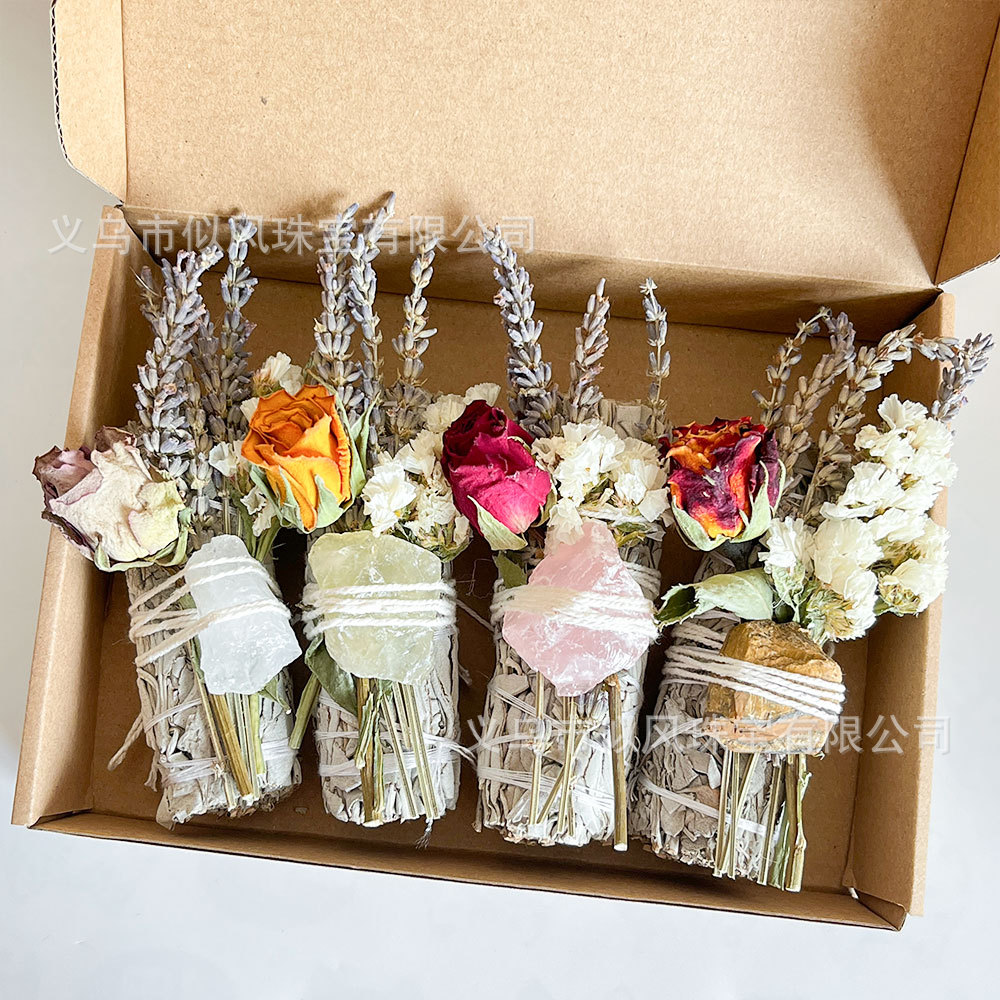
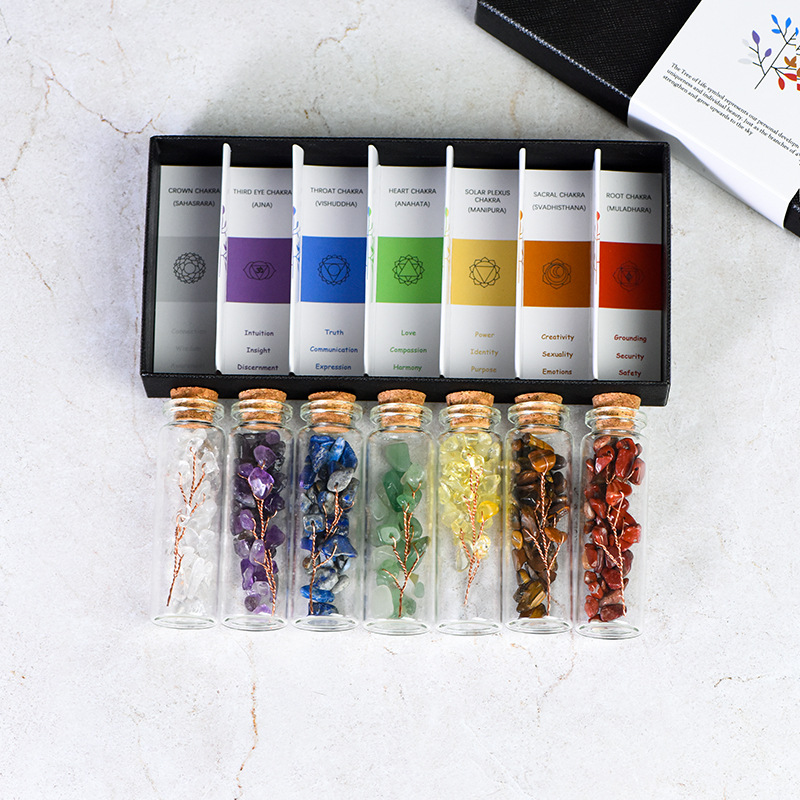
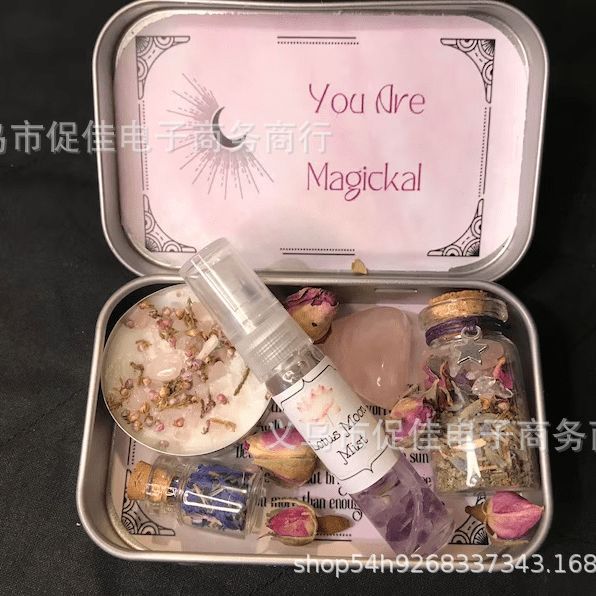
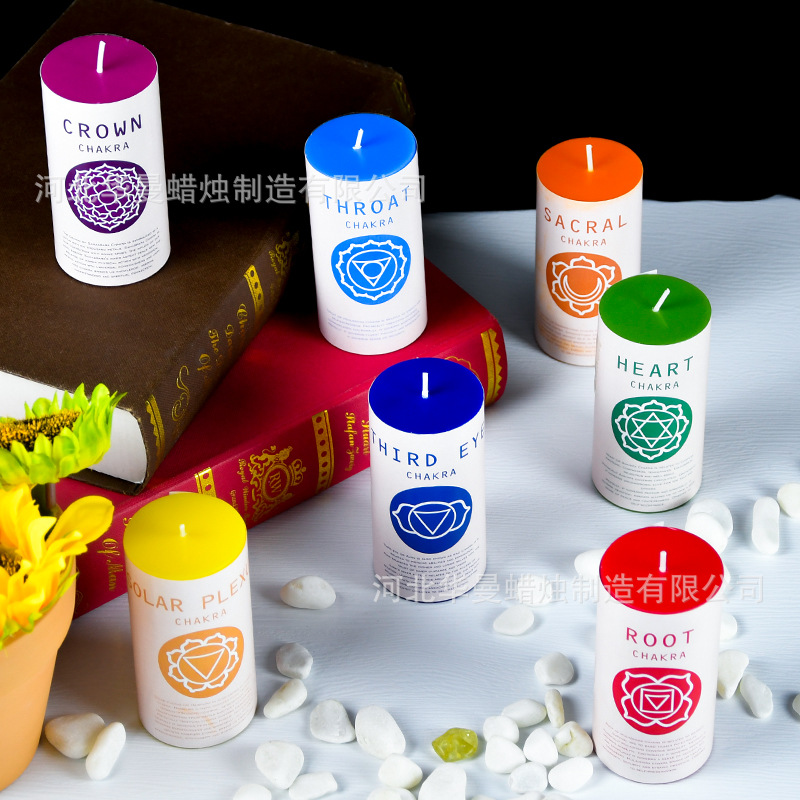
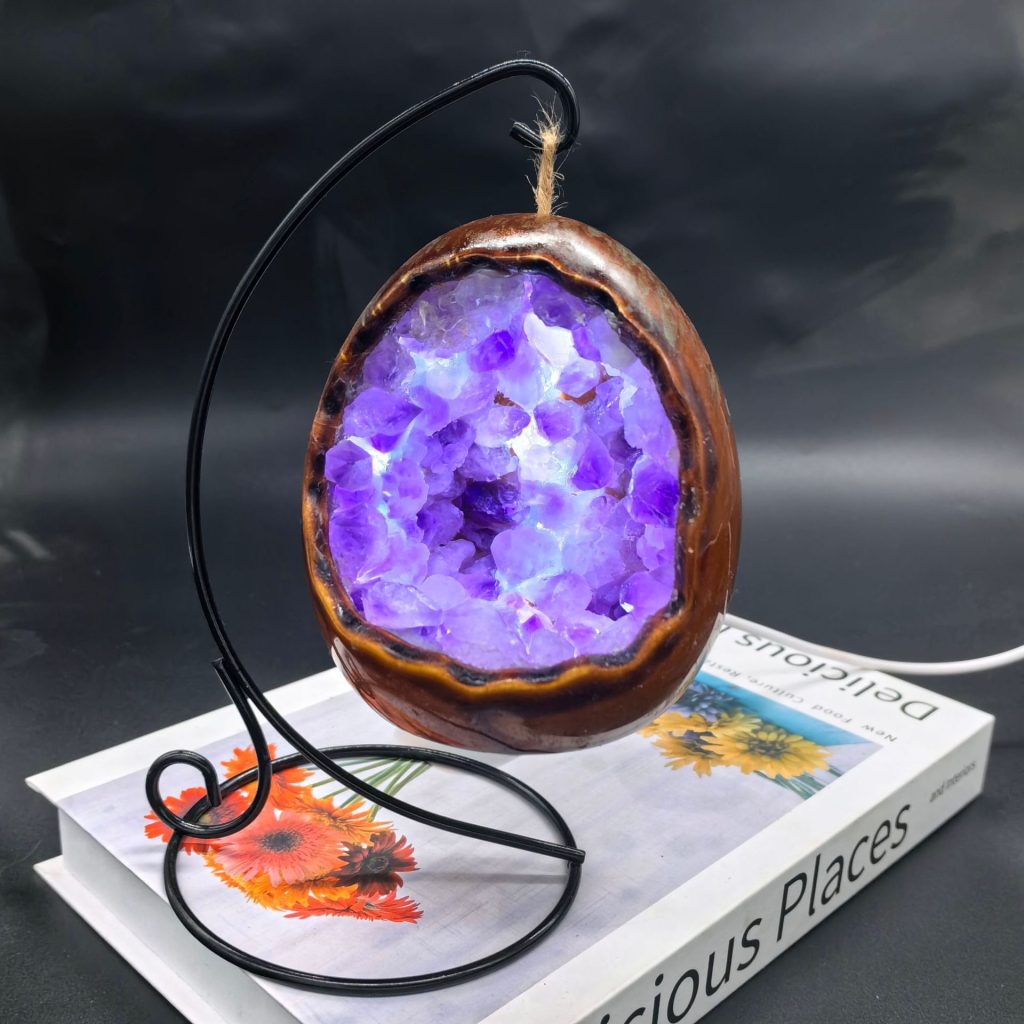
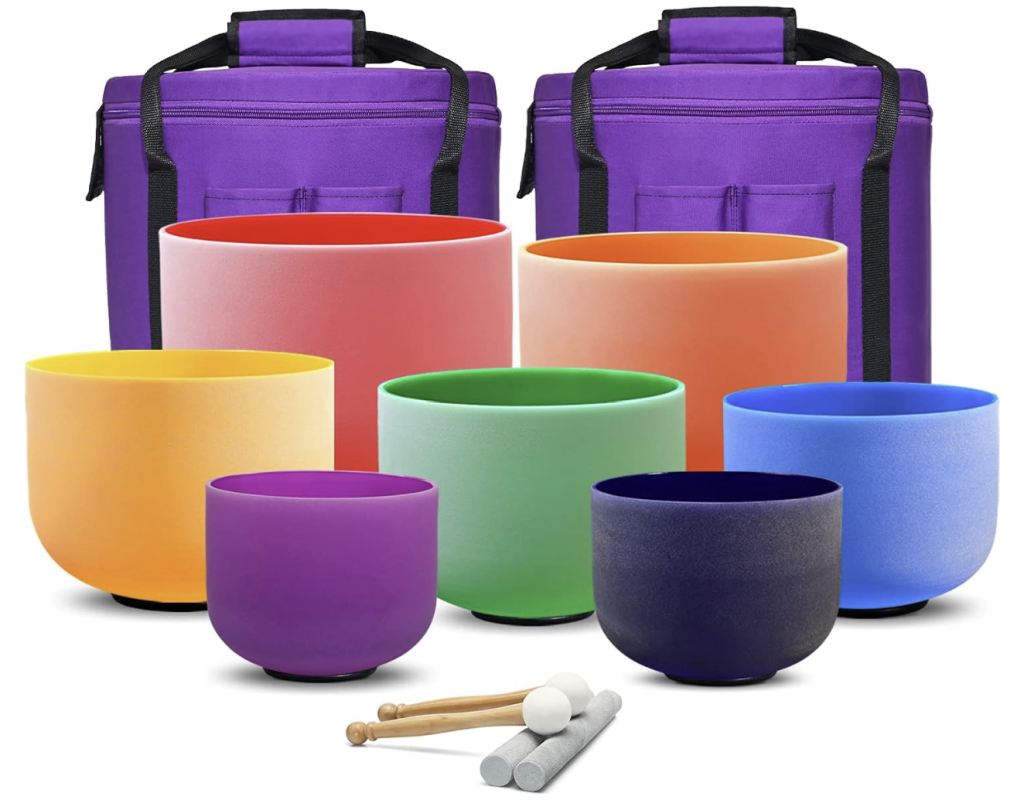
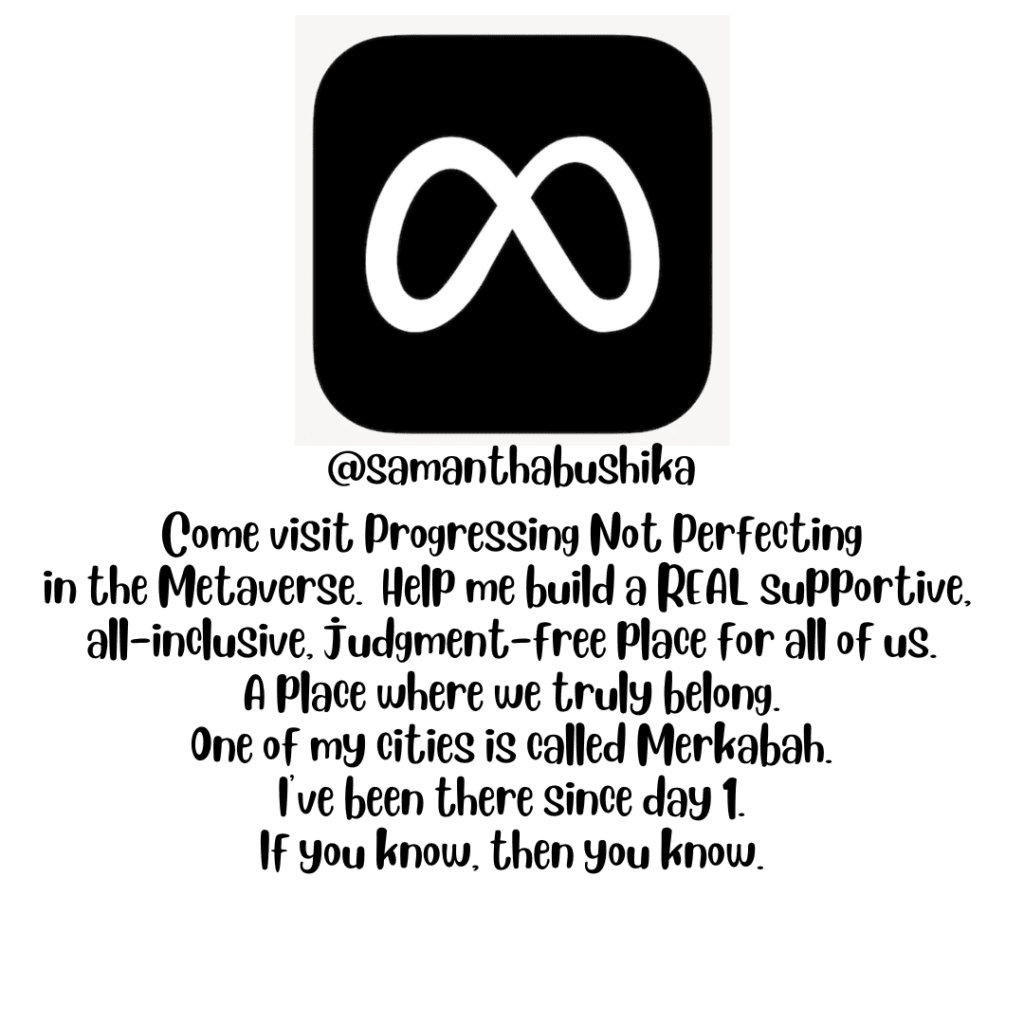
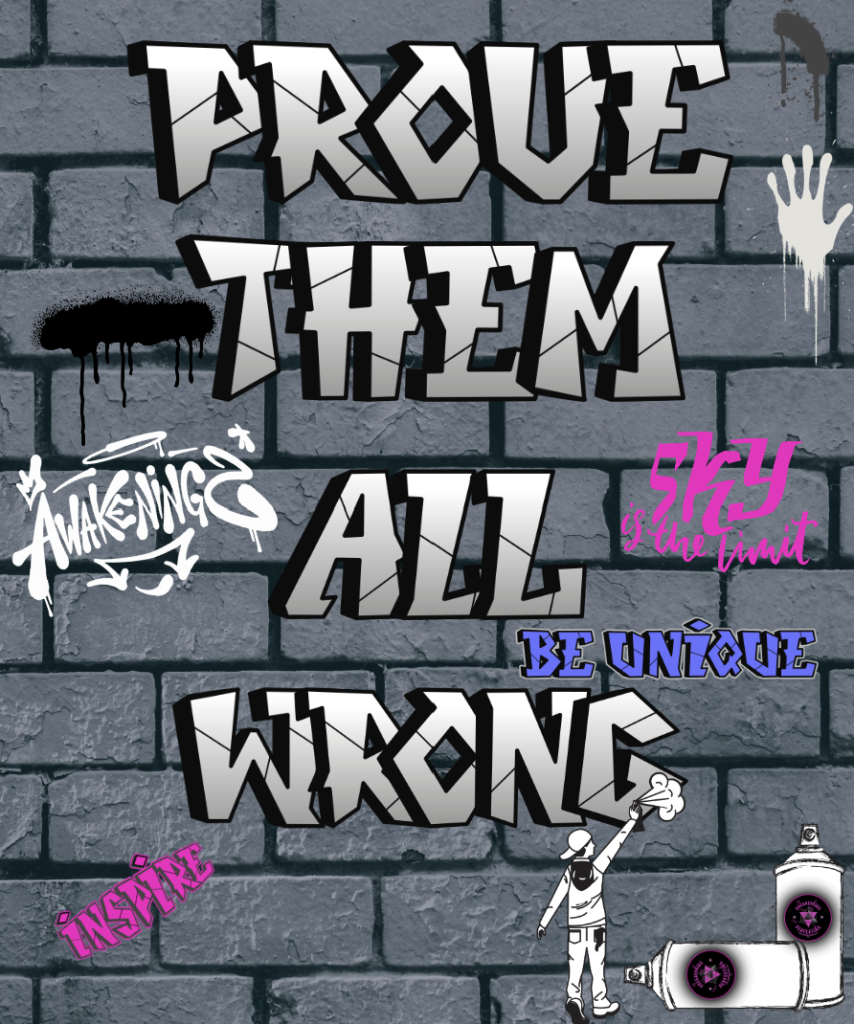









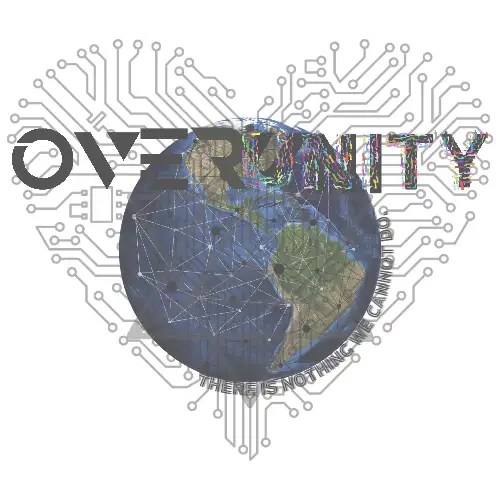























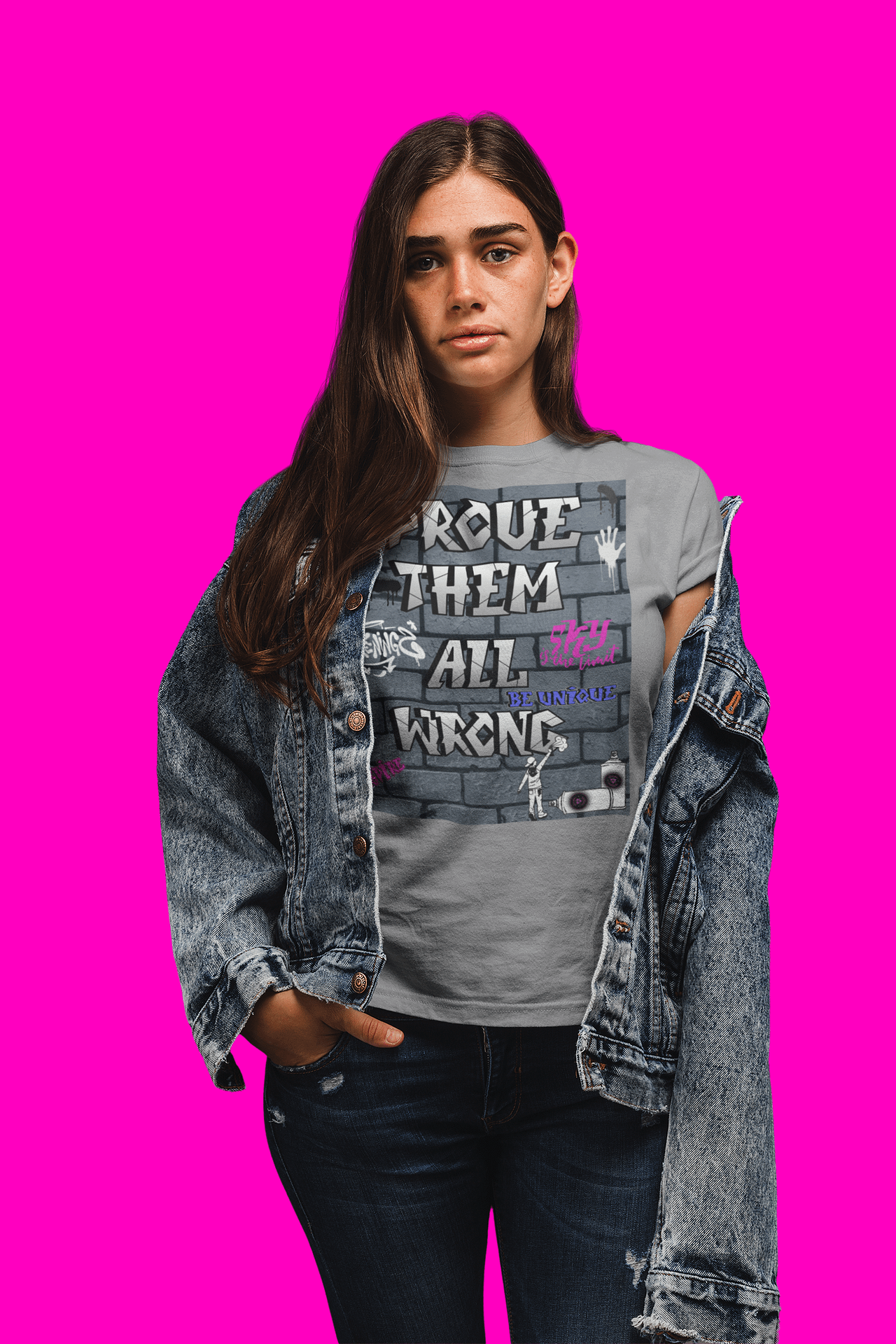



0 Comments